Portuguese cuisine is not what springs to mind when thinking about the great foods of the world. Overshadowed by Spain, France, and Italy, not many people turn to Portugal when looking for a style of cooking, but there is a great tradition of Portuguese dishes that you need to eat, many with stories attached.
Much of the food in Portugal is quite simple in presentation and execution, but the reason for this is the outstanding quality of the ingredients themselves. With such a large coastline, there is a focus on high-quality seafood, but there are rolling farmlands in the interior that produce fresh, flavorsome meat and vegetables. Rest assured after a day of hiking in Portugal you can enjoy mouthwatering freshly caught seafood and locally sourced produce.
Generally, the food in Portugal is a very meat-centric country and while not impossible, vegetarian and vegan dishes are fewer and further between. Like any country, this is different in the larger cities where plant-based eating is becoming more prevalent, but in the smaller towns and villages be prepared to eat a lot of salads, and legumes.

Eating out in Portugal
There are a few quirks to eating out in Portugal that you should be aware of before you go. The first thing you will notice is that people are not big on starters in Portugal. When you sit down a plate of bread, cheese, sardine pate, pickled carrots and occasionally cold meats will be put down before you. While most people would assume that this was free, because you didn’t order it, beware, it is not free!
This is the Couvert. Every restaurant will provide you with it and the various items on it all cost a little, but rather than order starters, most Portuguese diners will just share the Couvert between them and go straight to the main meal.
The other thing to mention about dining out in Portugal is that it is almost unheard of for a Portuguese person to eat in a restaurant without ordering a dessert. Portugal seems to have been built on a foundation of sugar and egg yolks, so expect some luxurious, rich desserts after your meal!

Drinking in Portugal
Drinking in Portugal is a joy! Whether it is soft drinks or something for the kids (Pineapple Sumol is fantastic, like Fanta and the wide range of chocolate milk is something I still crave) or something with a kick in it, Portugal does very well. Much of the wine produced is not exported, so dining out, or visiting the local Garrafeira (wine shop) is a total joy.
Unique to Portugal is Vinho Verde (Green wine) which is not actually green in color but just refers to the fact that this wine is young, fresh and incredibly quaffable. With a lower alcohol content, this is the perfect lunchtime wine and its cold, fresh nature helps cut through the heat at this time of day.
There are several outstanding wine-producing regions in Portugal and while it is always good to drink local, big reds from Douro, Dao, and Alentejo are well worth investigating. There are a few grapes unique to Portugal, Tinto Minho and Touriga National being the two most famous. Also, it would be remiss to talk about wine and not mention Port.
Portugal’s most famous export, Port is a fortified wine, grown mainly in the Douro valley and comes in a wide range of expressions, far more than appear on our shelves here. Take recommendations from your local bartender or waiter as to which Ports to sample, it can lead to a wonderful night!
Portugal also produces several light, refreshing, ‘sunshine’ beers. Sagres and Super Bock are the two main players, but in the wake of the craft beer revolution, you will find many more little producers with some interesting methods and flavors. Most people will just drink an ‘Imperial’ (pronounced Imp-ree-al), which is a small 20cl draft beer, which in the north is called a Fino, just to confuse matters. If you want a larger beer, closer to a pint, you need to ask for 'uma caneca' (can-eck-a). This will help you blend in with the locals in the bar in Portugal.

Portuguese Specialties
Here are a few of the many wonderful specialties to look out for when traveling through Portugal.
Seafood – Most fish will be cooked whole, on the grill and delivered to your plate with some simple boiled veg. It looks plain but tastes amazing! To go local, saturating your potatoes in olive oil is the way to go! Every lunchtime in the more rural parts of Portugal the smell of barbecued sardines will waft through the air as just about every local will cook these for lunch.
The other seafood in Portugal which is ubiquitous is Bacalhau or salt cod. This is salt-dried cod which can be eaten in a myriad of different ways. Bacalhau a Bras, sees it shredded in with straw potatoes and fried into a delicious salty cake, or Bacalhau com Natas is almost like Dauphinoise Potatoes with salt cod through them. Creamy, salty and entirely delicious! Hike the Fisherman's trail and find out how the Portuguese have 365 ways of cooking this fish, one for every day of the year.
Meat – Like their Spanish cousins the Portuguese love pork. You will find it in the intensely popular lunchtime snack Bifana, a sandwich of thinly sliced pork, marinaded in a secret concoction of wine, garlic, and herbs. There is also Porco Negro, from Alentejo, which is about the most mouth-melting pork on the planet, a definite competitor to Spain’s Iberico pork.
With Nandos currently taking over malls around the world, it is worth noting that while it is quite tasty, it pales in comparison to real Frango Piri-Piri from the Algarve. Again, each restaurant has its own secret spicy marinade, but the quality of the poultry, combined with the love poured into the sauce means this is a real treat of a meal. And you can forget your cutlery, this is a hands-on affair!

Deserts and Sweets – Nuns are credited with the creation of most of Portugal’s sweet treats. Needing to use egg white to starch their habits, they were left with a glut of egg yolks leftover, so fortunately for us, they decided to mix them with sugar and create some of the world's finest cakes, pastries, and snacks.
The obvious one is the Pastéis de Nata, the flaky custard tarts that have come to represent Portuguese cuisine. I would also recommend Pastel De Feijão, which is filled with sweet white bean paste, sounds odd, but utterly delicious, a Bola de Berlim, which is a donut with custard filling, or salame, a roll of chocolate and biscuit, similar to rocky road.
When visiting a Pasteleria (Portuguese coffee shop) these treats are a total joy, especially with a little Portuguese coffee. While we are on the subject there are some warnings needed about Portuguese coffee too! 'Um café' will get you a little espresso-style coffee, wonderful, deep and fruity, but if you are looking for a longer drink, you would ask for ‘Uma Meia de Leite', which is kind of like a flat white or 'um galão' which is similar to a latte.
Whatever, your gastronomic experience in Portugal, I am sure it will be a positive one. Whether you visit the local Churrascaria (BBQ house) or opt for one of the many Michelin starred restaurants, you will be in for a wonderful experience. Dig in and Bom apetite!
If you want to ask any questions about walking in Portugal or biking in Portugal, don't hesitate to get in touch with our specialists who will be more than happy to help you out.






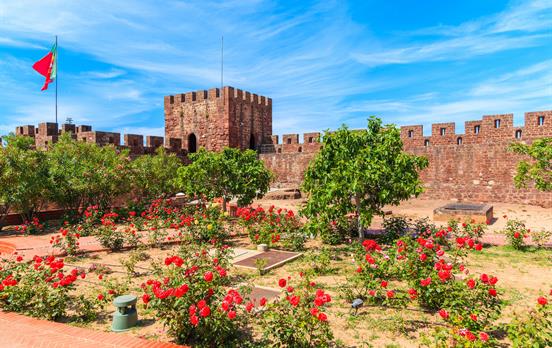
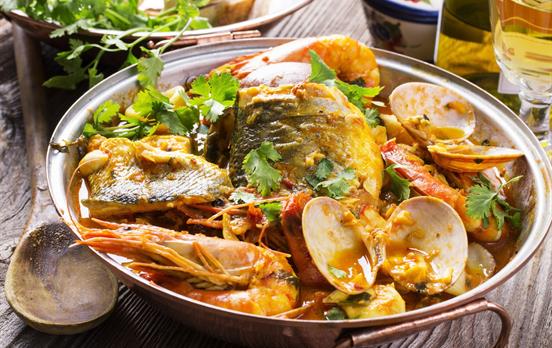
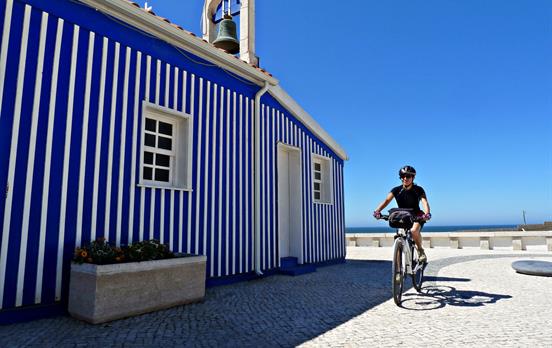
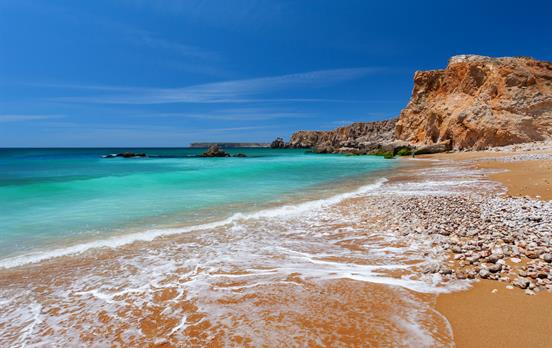
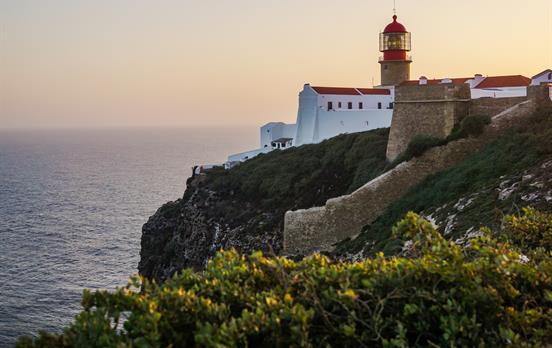
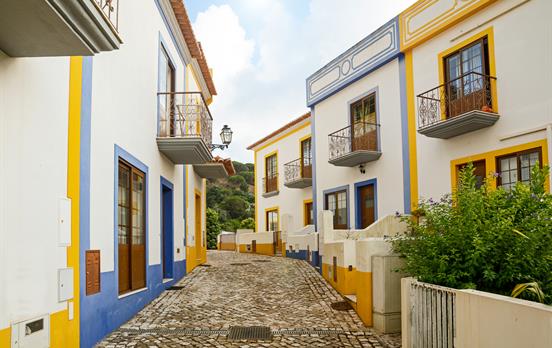
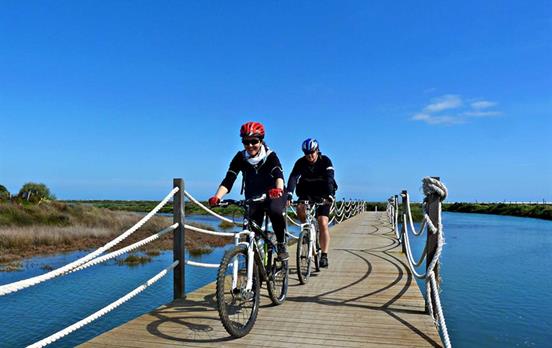


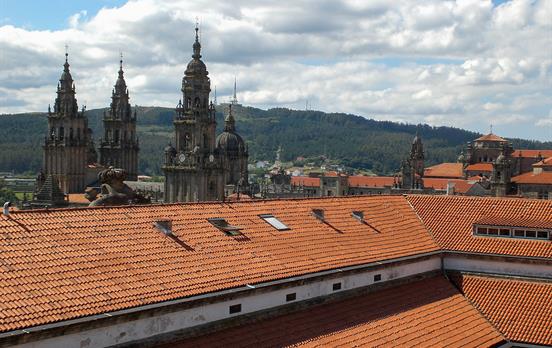
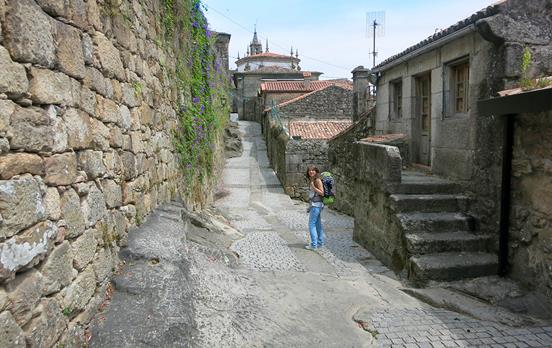
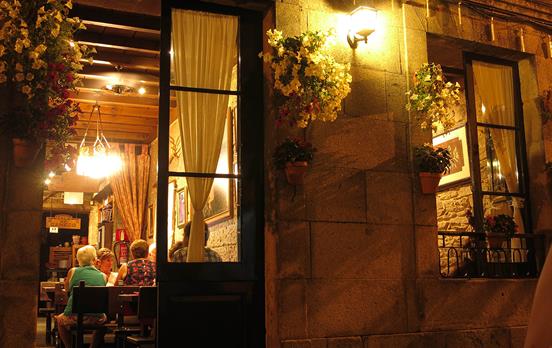
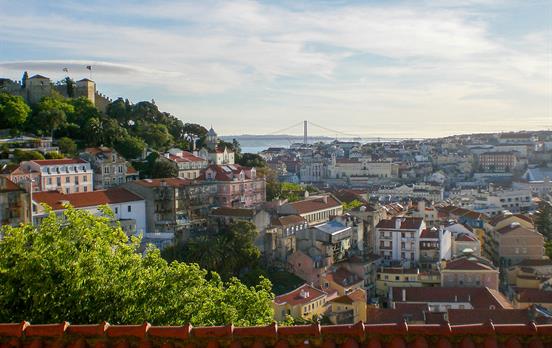
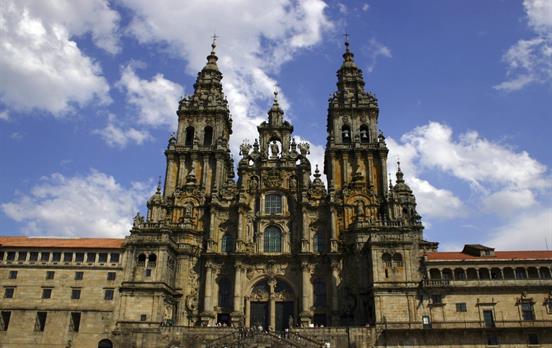

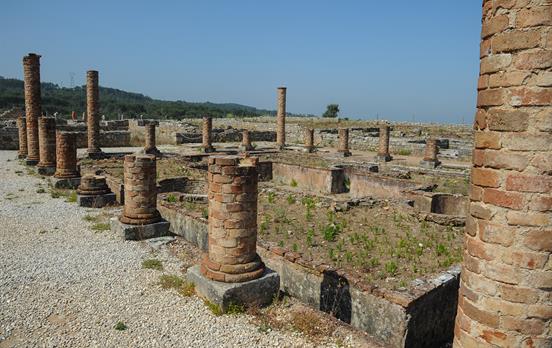
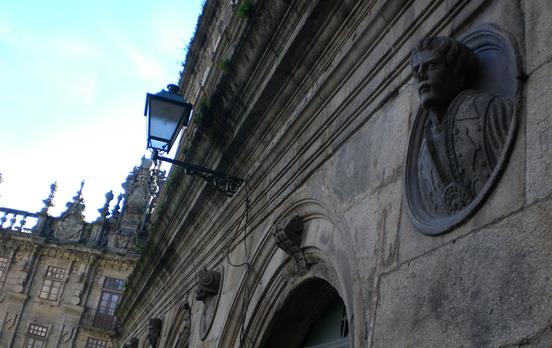
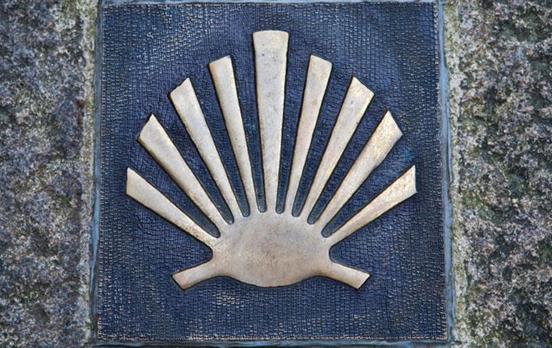
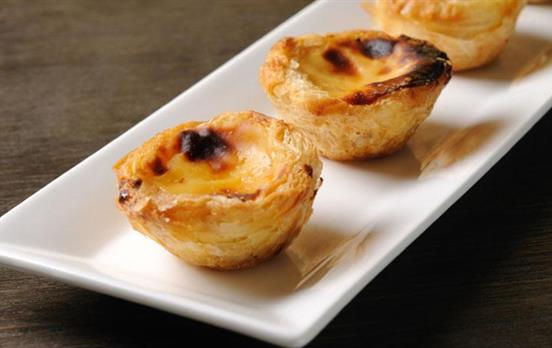
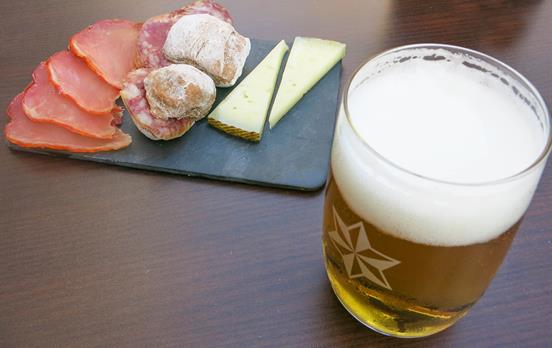
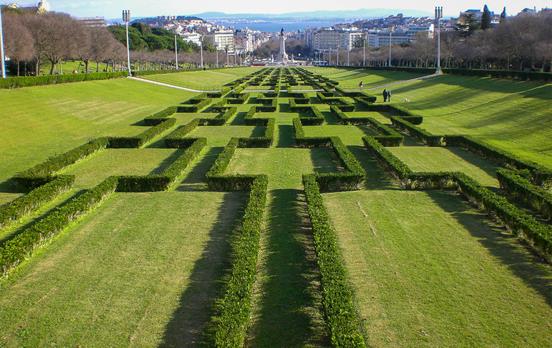


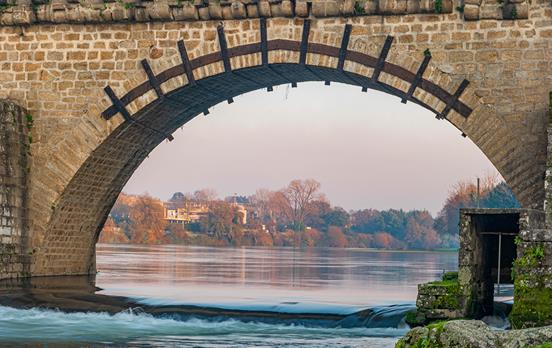
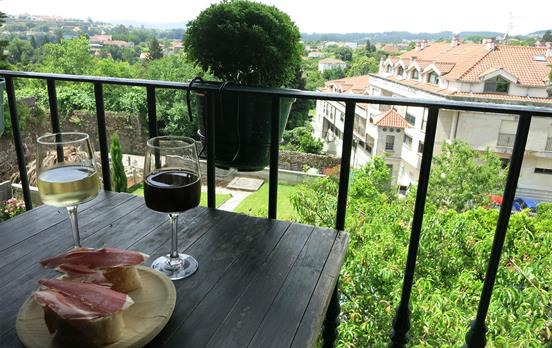
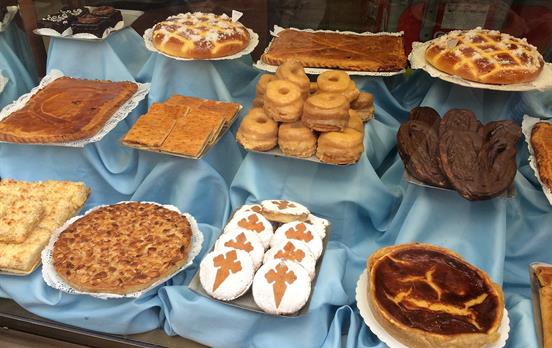





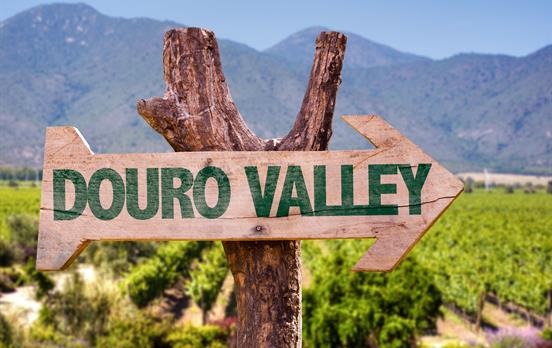
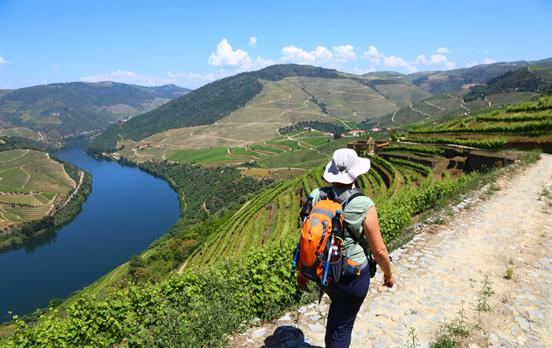
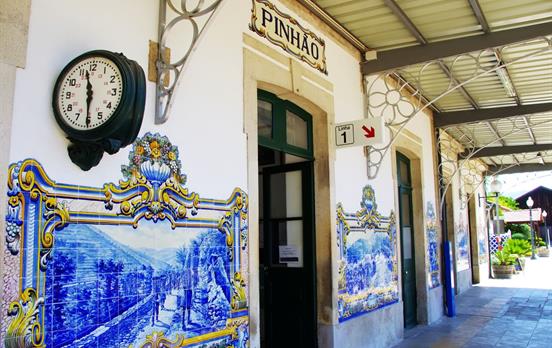
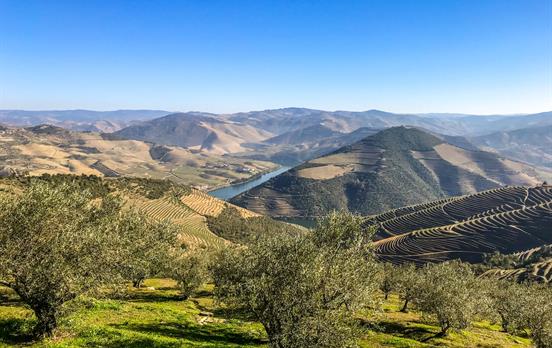
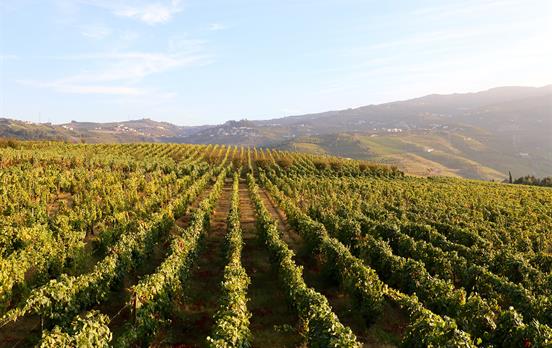
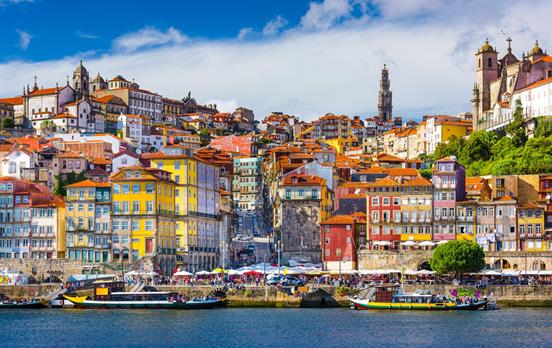
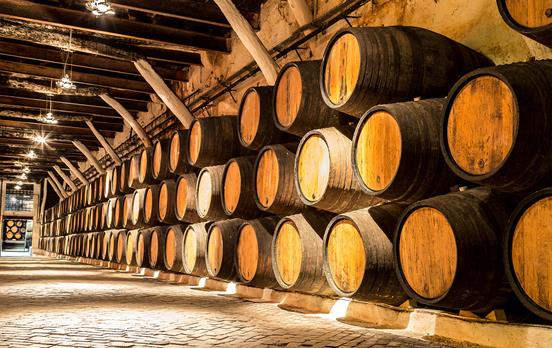
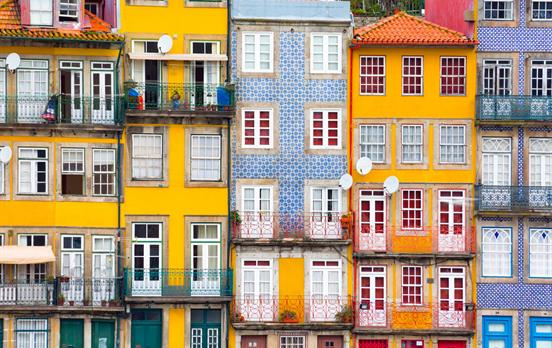
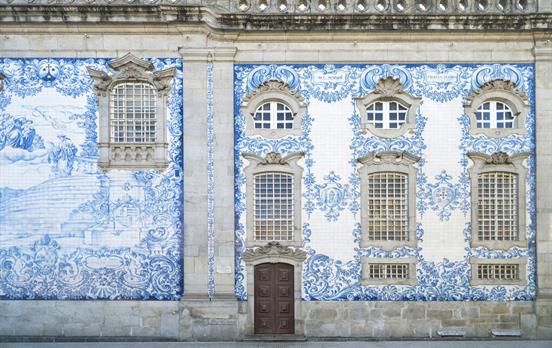

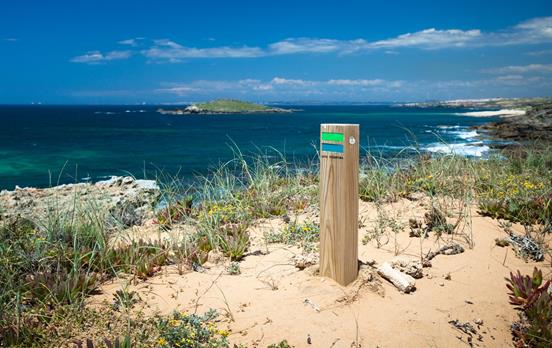

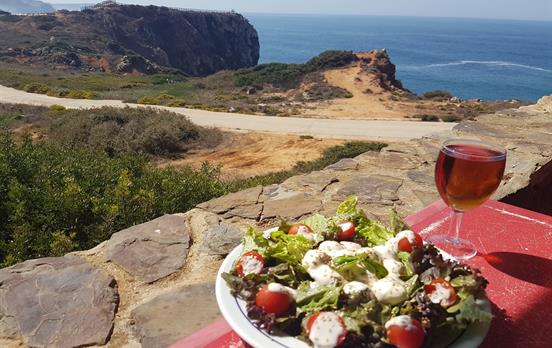
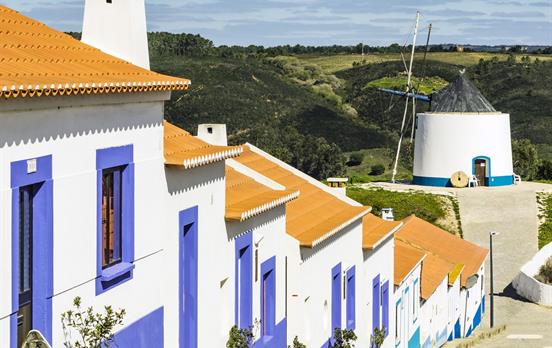
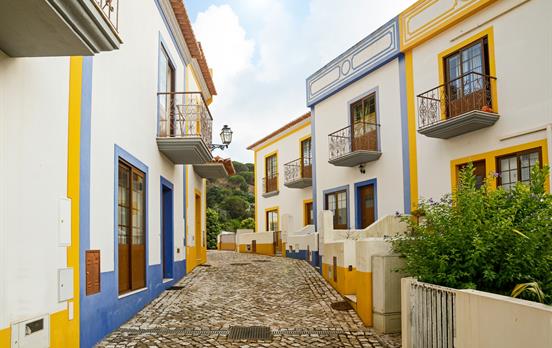
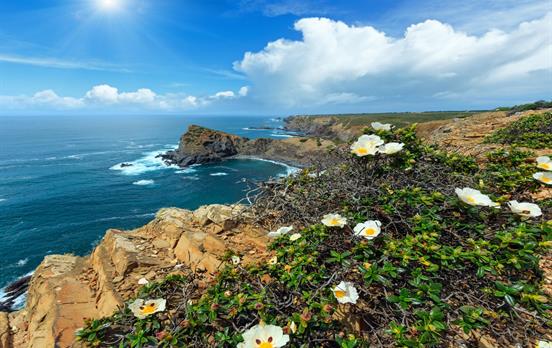
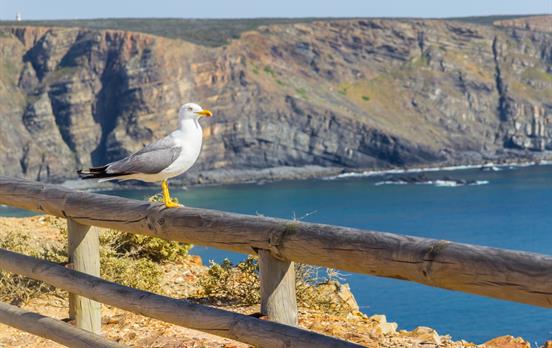



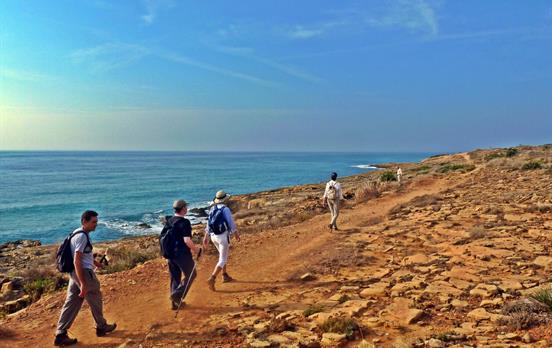
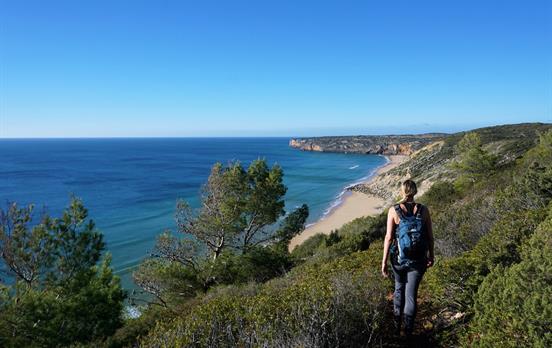

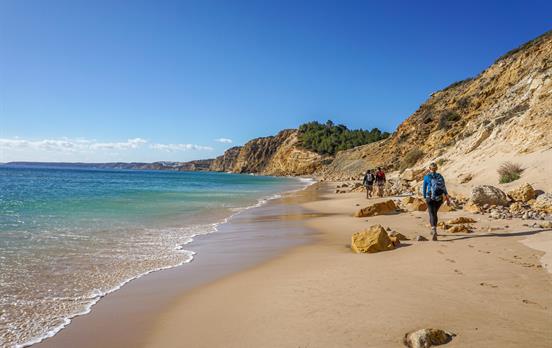
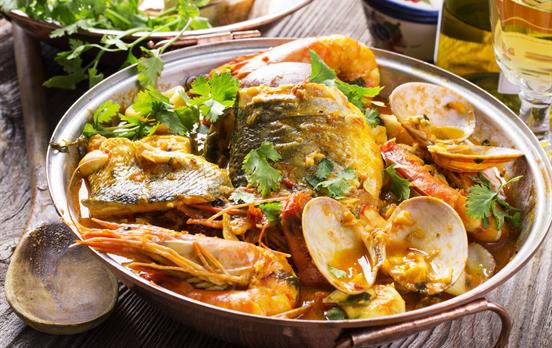
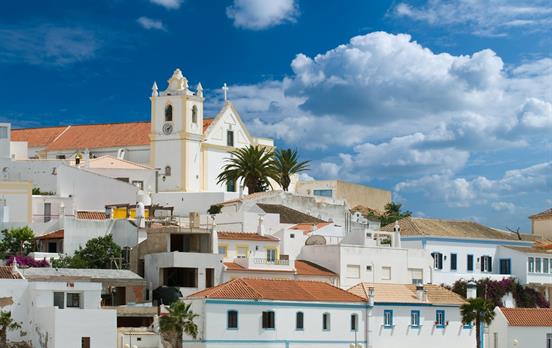
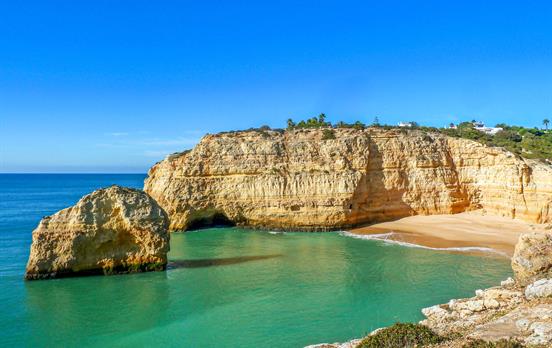
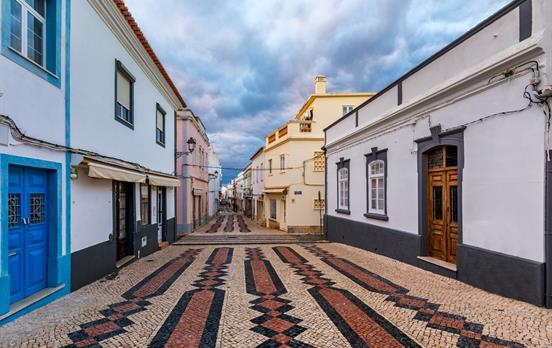


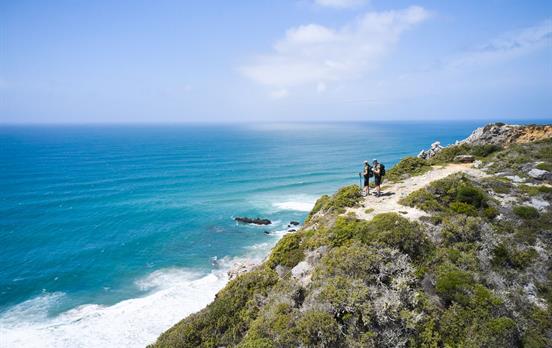
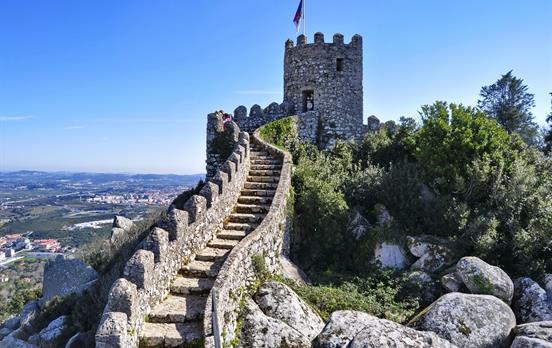
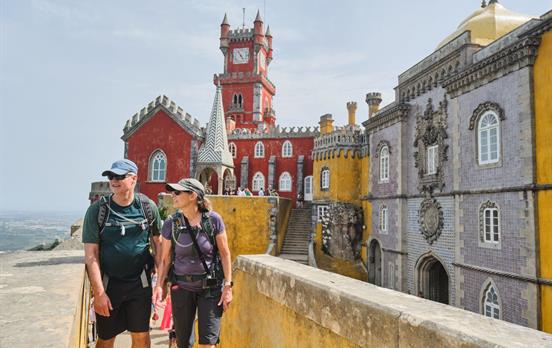
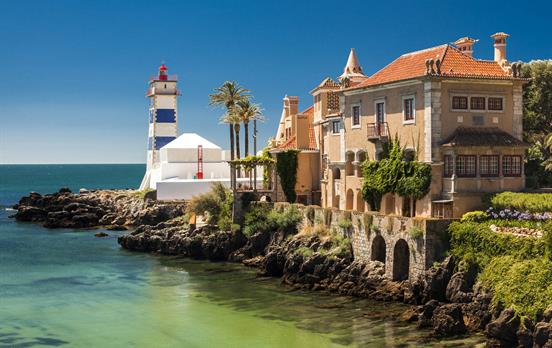
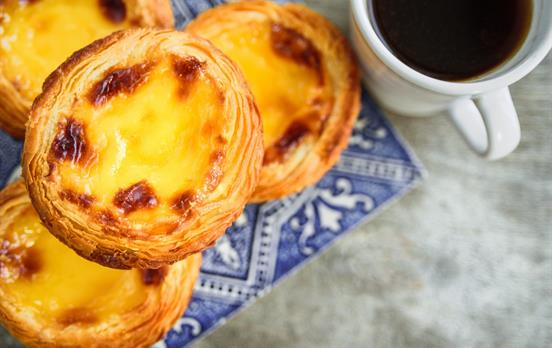
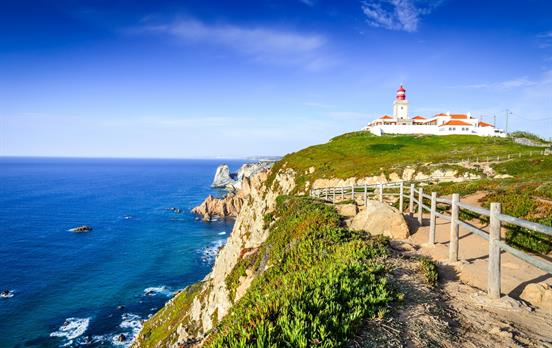





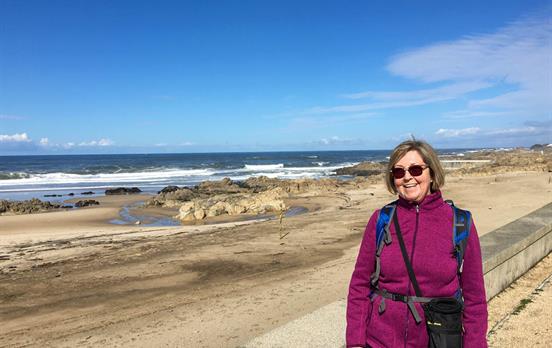
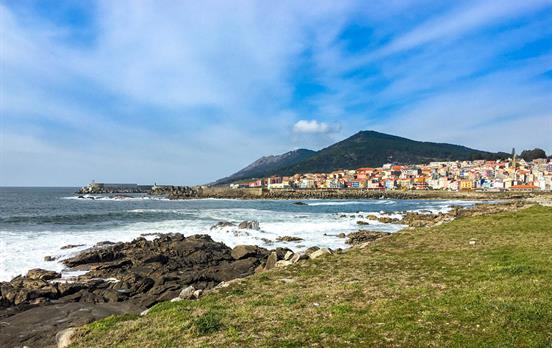
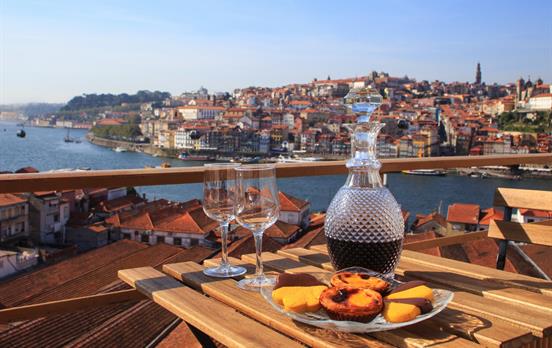
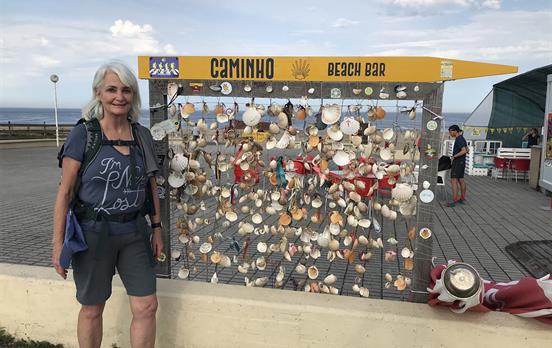

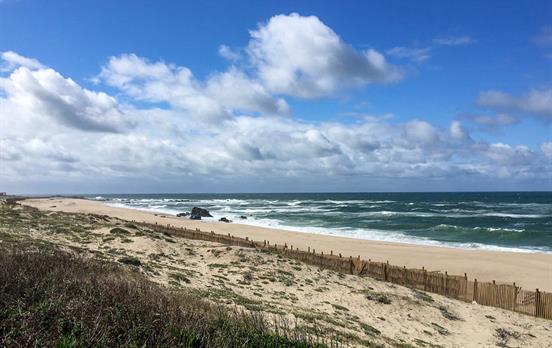
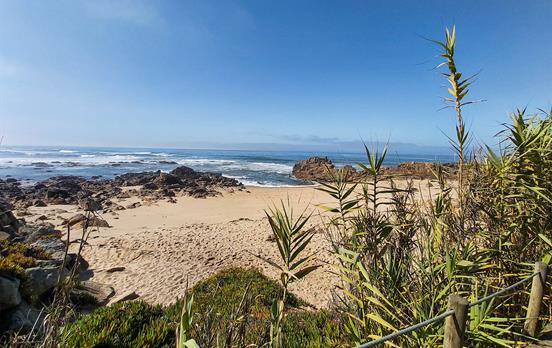

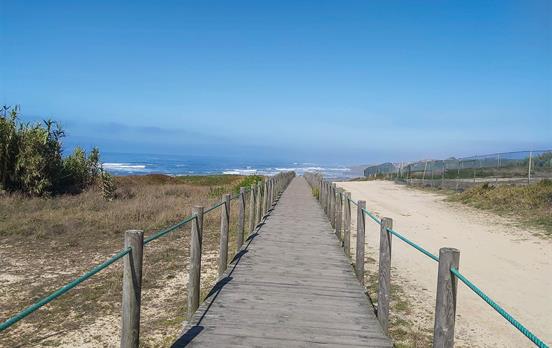
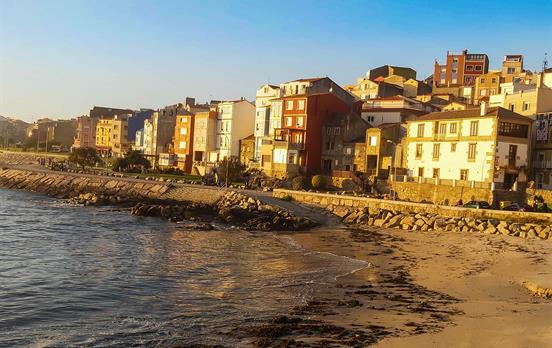
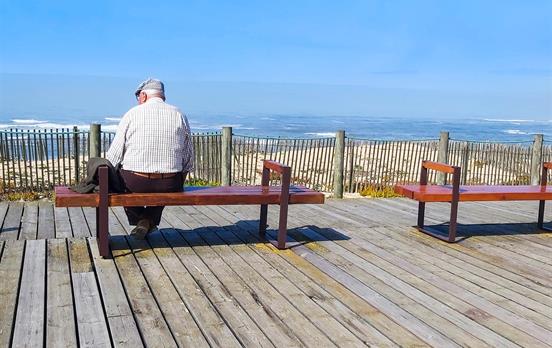
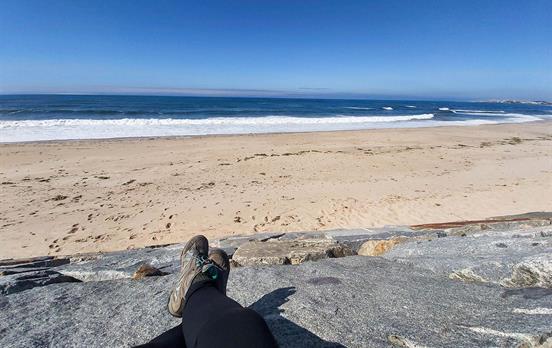

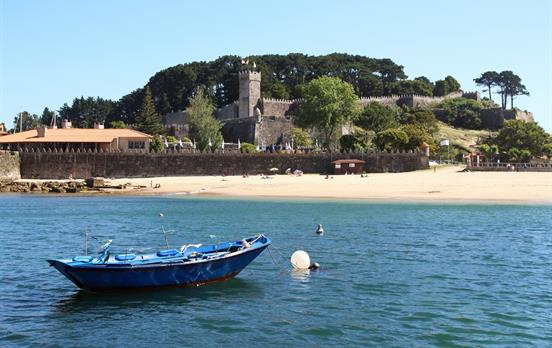
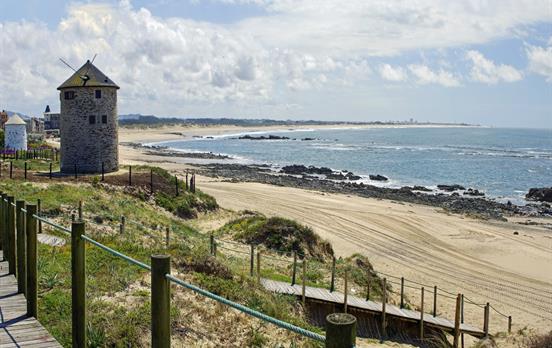
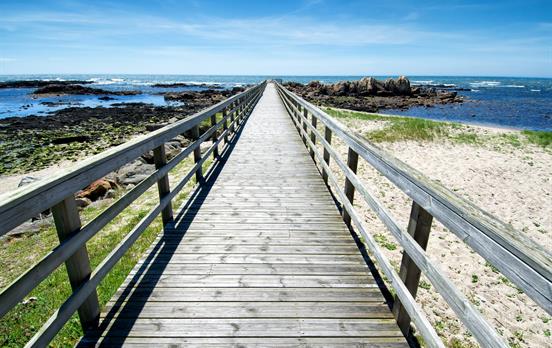
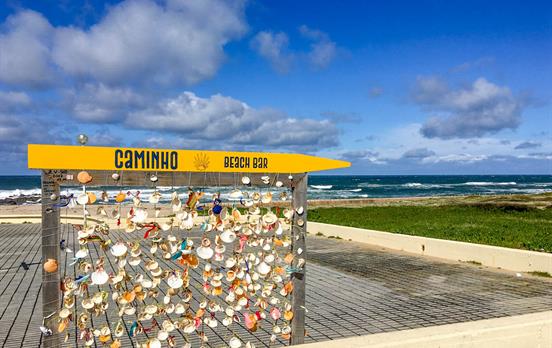

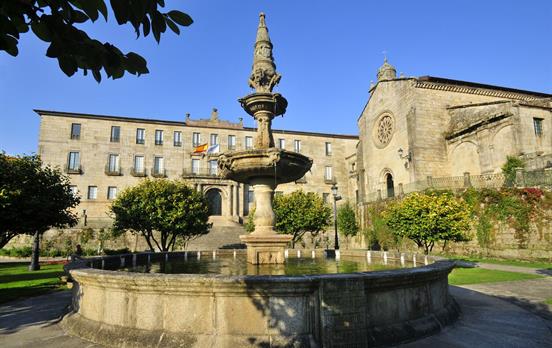

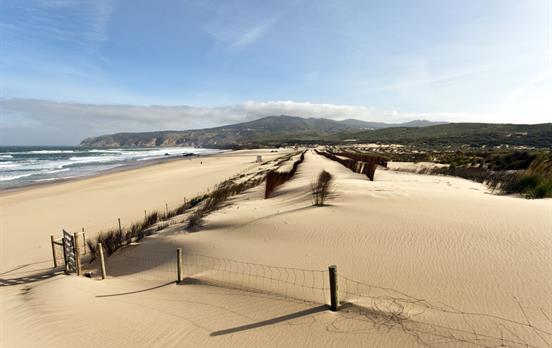
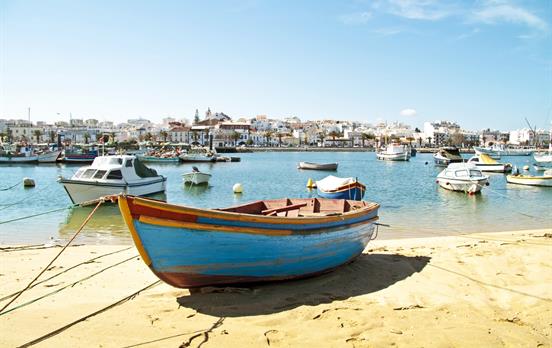
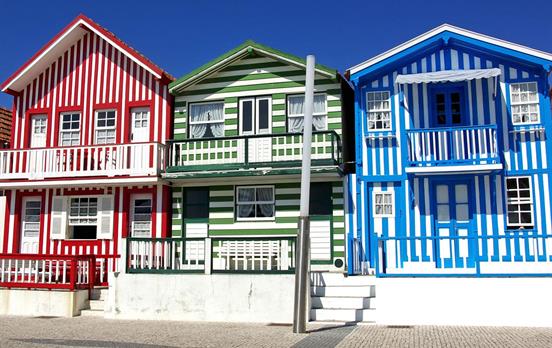
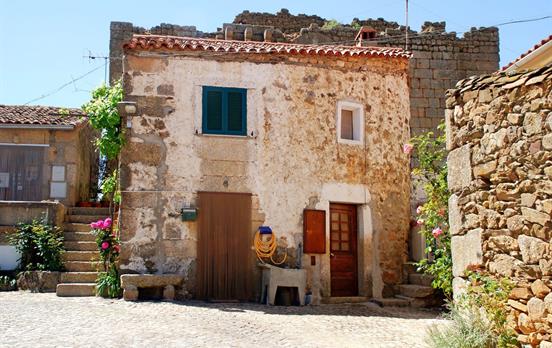
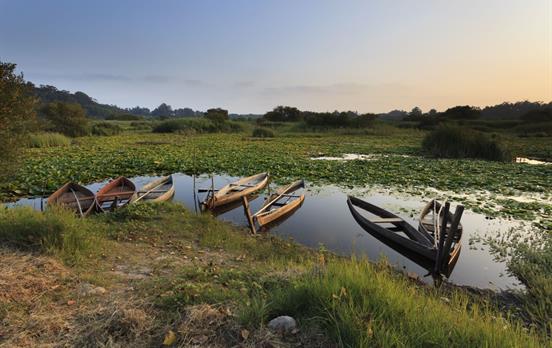

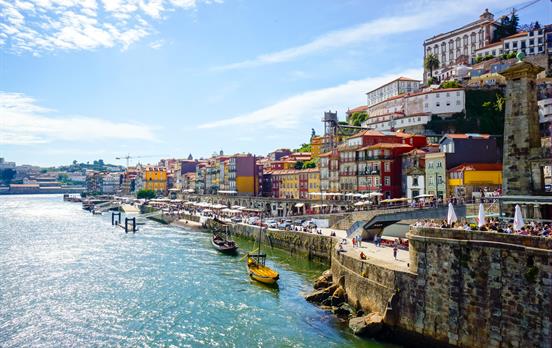
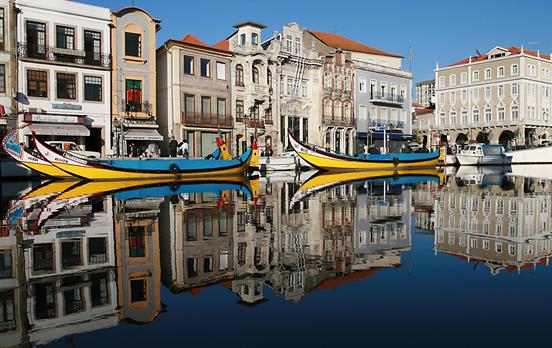
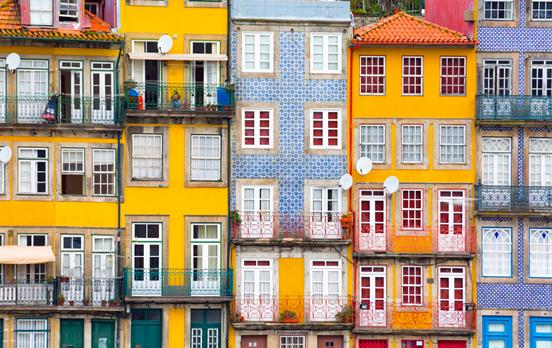


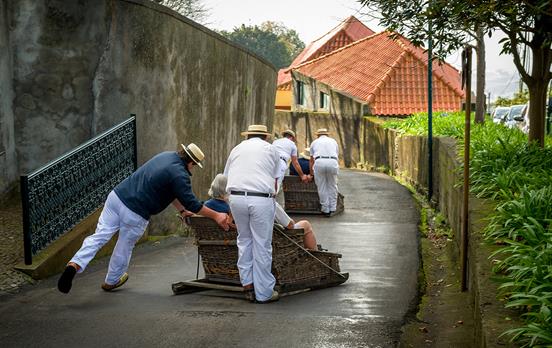

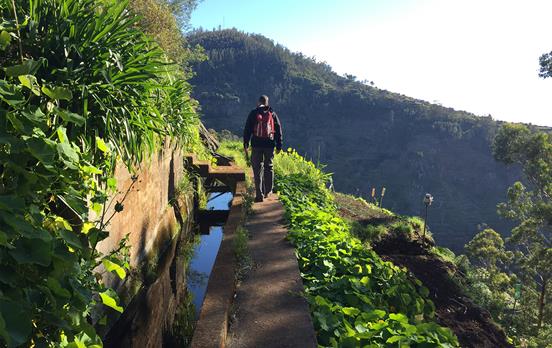
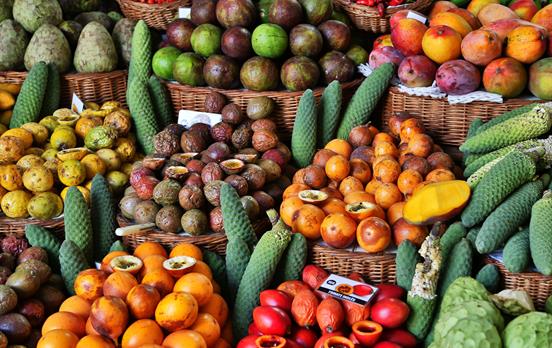

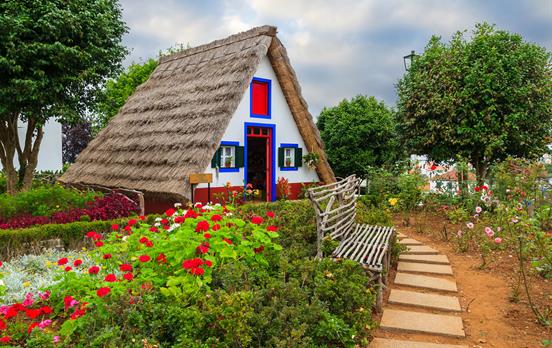


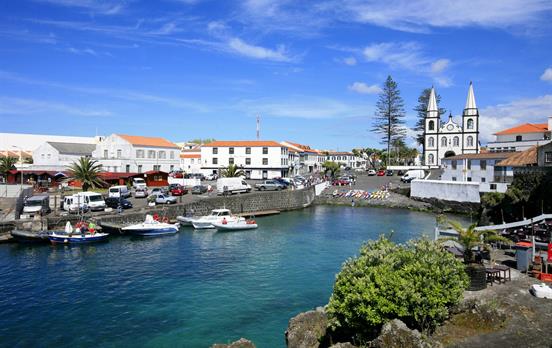
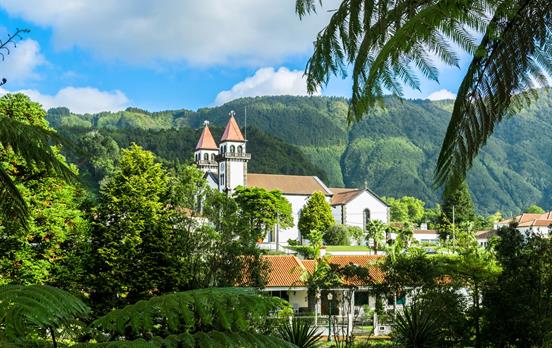
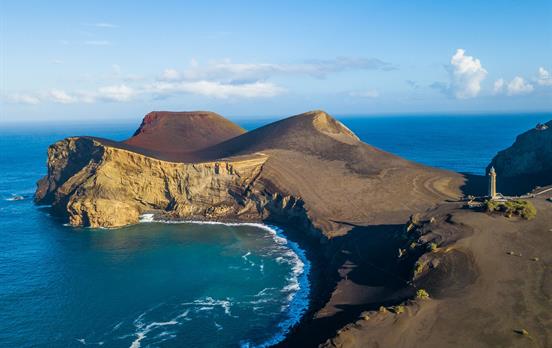
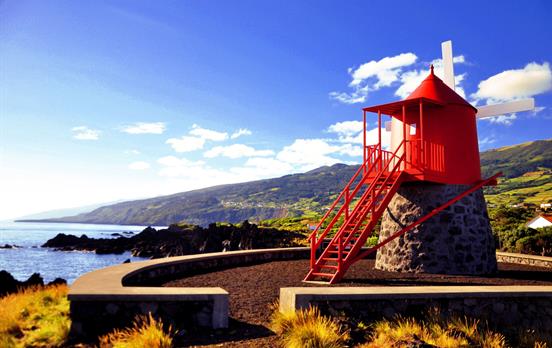
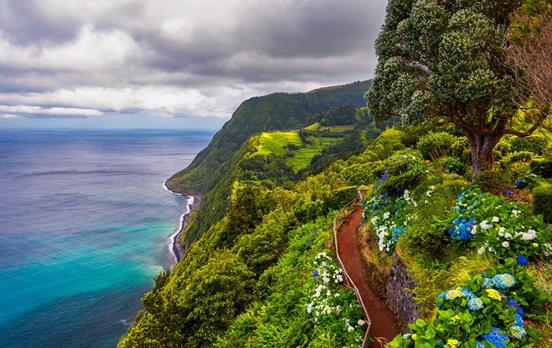

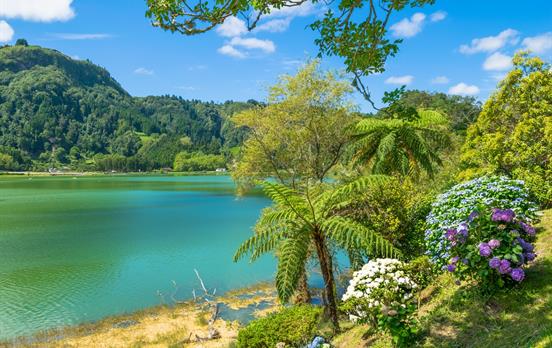
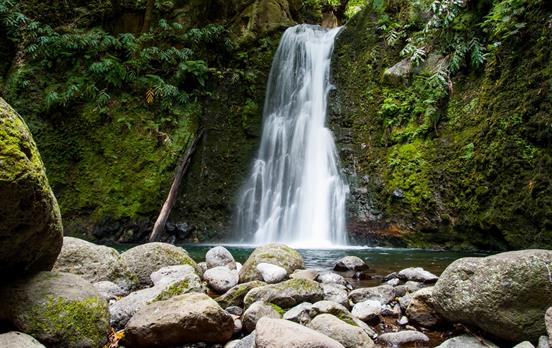
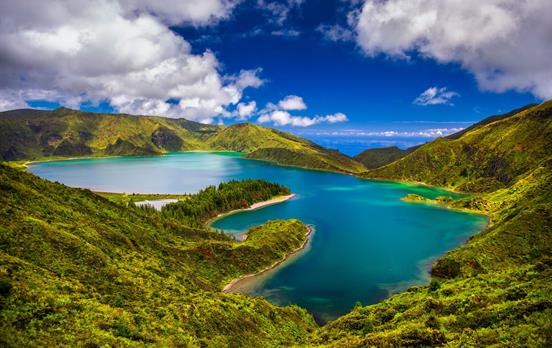




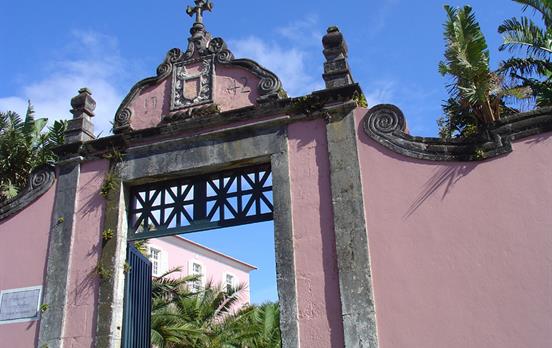

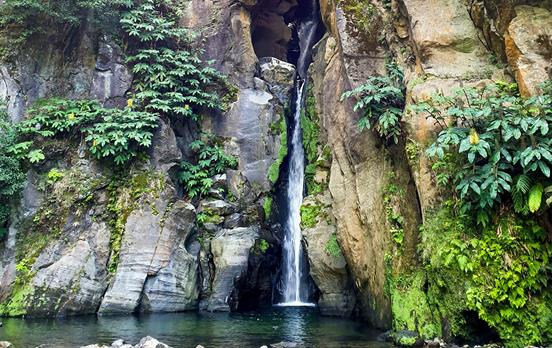

 Canada
Canada